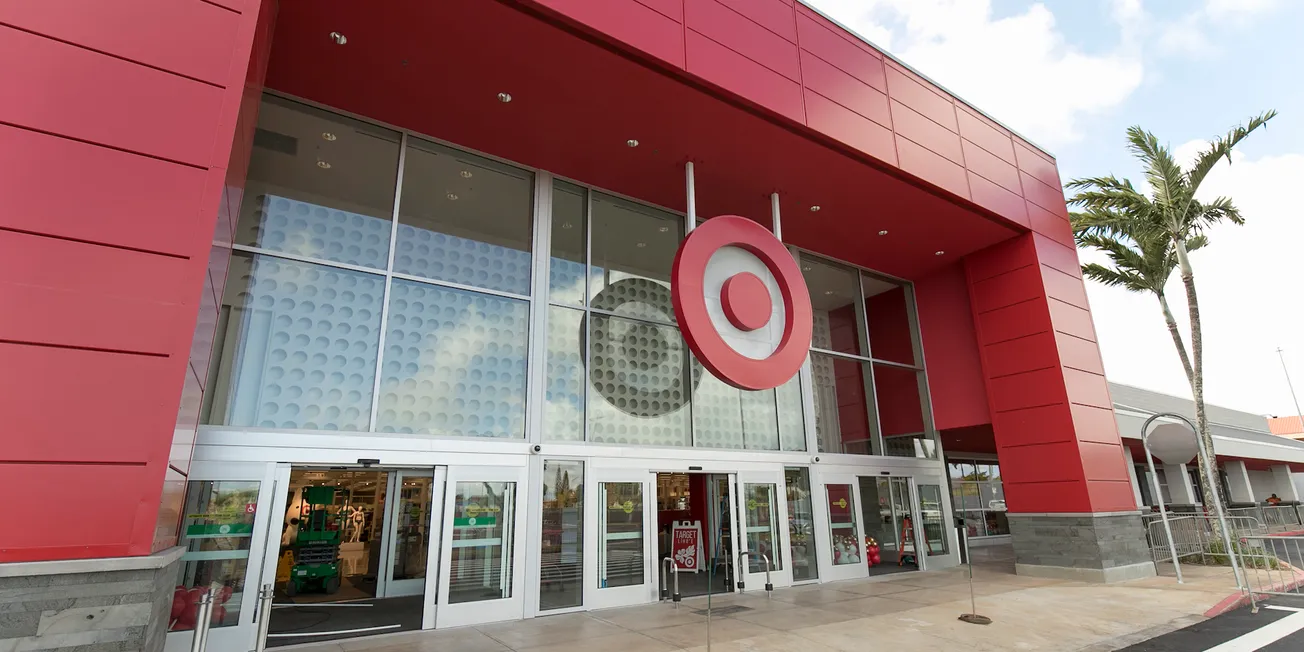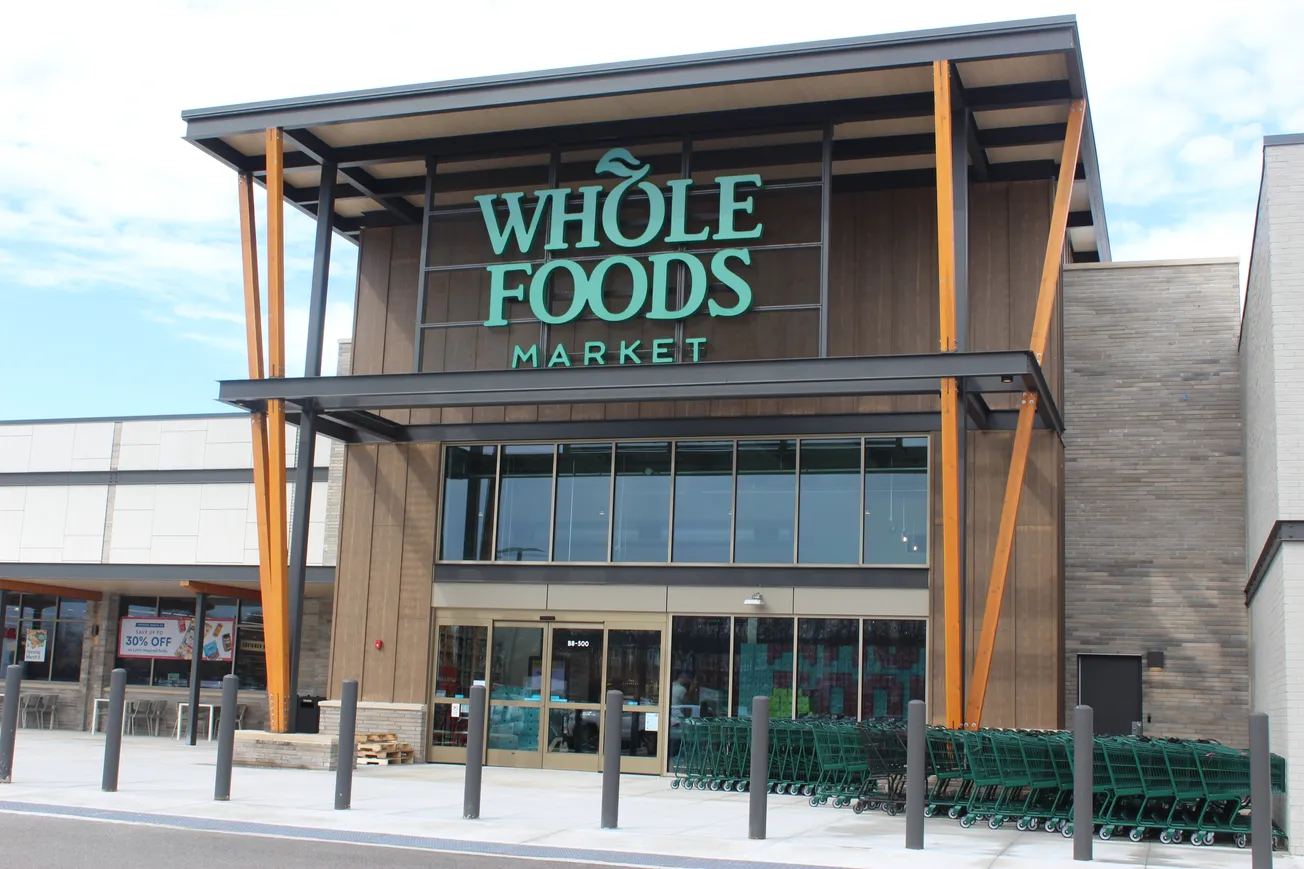WASHINGTON — Walmart has abandoned plans for three stores here, following the city council’s passage of a measure that would require big retailers to pay starting wages 50% higher than the district’s minimum wage.
Walmart has abandoned plans for three stores here, following the city council’s passage of a measure that would require big retailers to pay starting wages 50% higher than the district’s minimum wage.
The discounter scrapped plans for units in Skyland Town Center, the Capitol Gateway and on New York Avenue. The company also is reconsidering plans for three other stores in Washington, D.C., that are under construction. Two were expected to open in the fall.
Walmart had warned in an op-ed article in The Washington Post that it would exit the District of Columbia if the council passed the legislation, called the Large Retailer Accountability Act of 2013.
"This was a difficult decision for us — and unfortunate news for most D.C. residents — but the council has forced our hand," a Walmart spokesman said in a statement released after the 8-5 vote.
The council’s bill requires retailers with corporate sales of $1 billion or more and stores of at least 75,000 square feet to pay starting salaries of no less than $12.50 an hour. Washington’s minimum wage is $8.25.
The legislation exempts unionized businesses and gives big-box retailers who are already in the city, including Target Corp. and Macy’s Inc., four years to comply.
Alex Barron, a Walmart regional general manager responsible for about 90 stores and 30,000 employees in the D.C. area, including all the stores planned for Washington, wrote in the op-ed piece that the legislation "discriminates against business and threatens to undo all that we have accomplished together."
He called the planned openings an attempt to expand access and opportunity to underserved neighborhoods. Residents told the retailer they wanted good jobs and more affordable groceries, Barron said in the Post. Walmart also heard pleas for local hiring, competitive pay, an inclusive construction process, local products and support for civic organizations, he added.
Most residents felt Walmart "could be part of the solution in Washington," he said in the article, noting that the chain’s polling, revealed that 73% of D.C. residents supported its entry.
Barron quoted Democratic Mayor Vincent Gray saying the building plans represented “an unprecedented, citywide commitment from a retailer. … Walmart is showing what it means to be a good corporate neighbor, and I encourage other firms interested in doing business in the District of Columbia to show a similar level of commitment to our residents.”
Gray, who can veto the bill and leave the council without enough votes for an override, said last month he was unsure of his plans. He said he wanted to meet with members of the business community and discuss the issue with residents. He noted that the legislation could propel other big-box retailers to abort plans to move into the district.
With the saturation of suburban markets with big-box stores, urban outlets have become a keystone of Walmart’s strategy. The discounter recently debuted units in Philadelphia, Dallas and Chicago.
The company is not unaccustomed to urban opposition. In Chicago, the City Council passed legislation requiring big-box outlets to pay well above the minimum wage in 2006, but Mayor Richard M. Daley vetoed it. Walmart now has eight units in the Windy City.
Other cities have been less hospitable. The world’s largest retailer has all but abandoned attempts to open in the country’s largest city, given resistance from the New York City Council and union members.
"We don’t have a site that we’re looking at in New York right now," Walmart U.S chief executive officer William Simon said in June. "The time and energy and money for us is better spent on markets where we can move more quickly."





